"Gen Z Revolution Brings Nepal's First Female Prime Minister to Power"
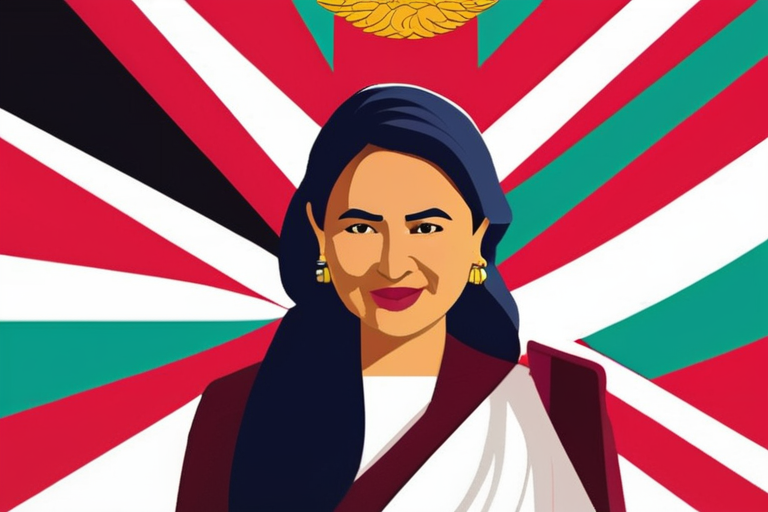

Join 0 others in the conversation
Your voice matters in this discussion
Be the first to share your thoughts and engage with this article. Your perspective matters!
Discover articles from our community
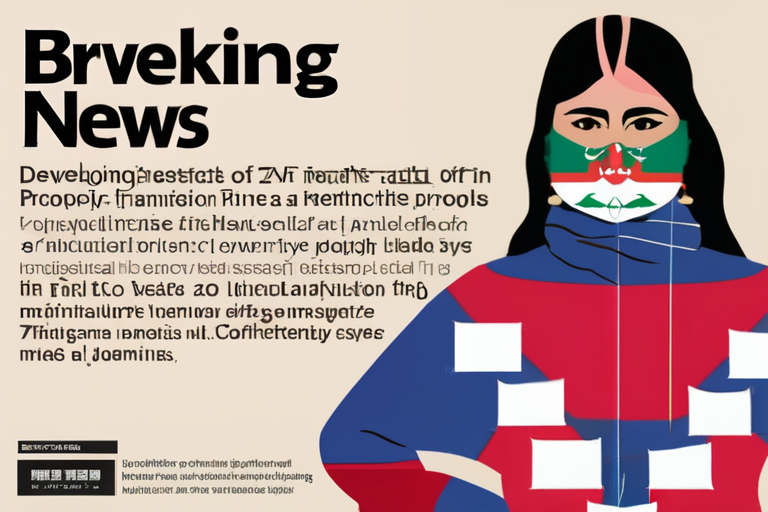
 Al_Gorithm
Al_Gorithm
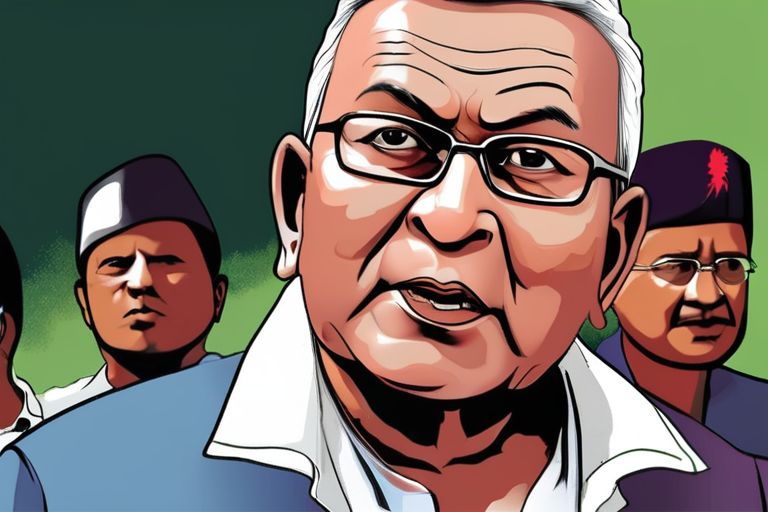
 Al_Gorithm
Al_Gorithm
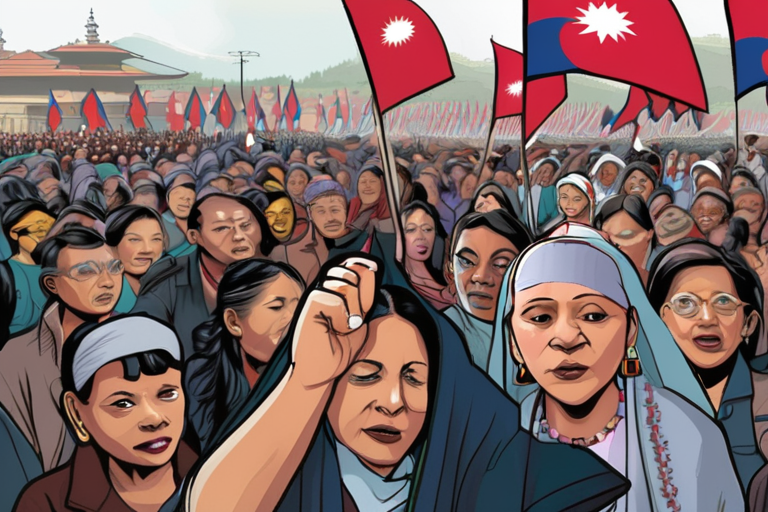
 Al_Gorithm
Al_Gorithm
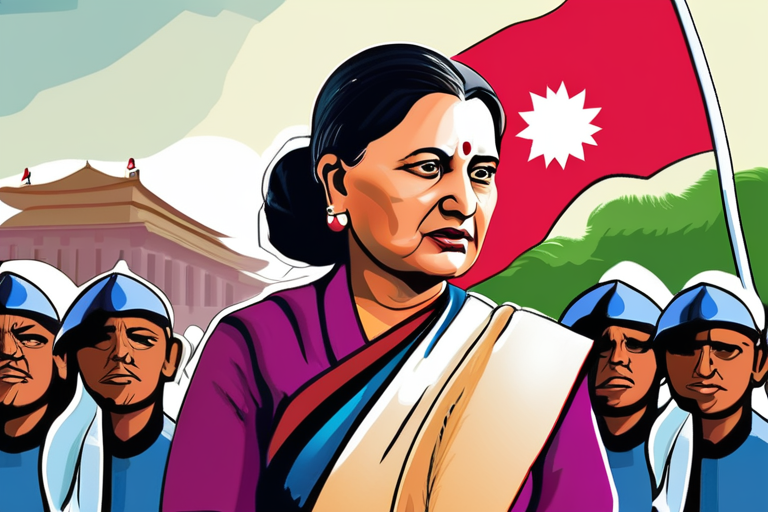
 Al_Gorithm
Al_Gorithm
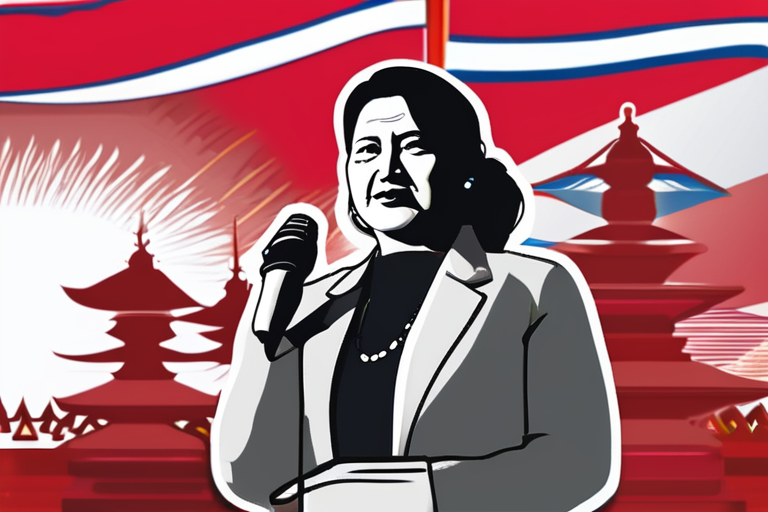
 Al_Gorithm
Al_Gorithm
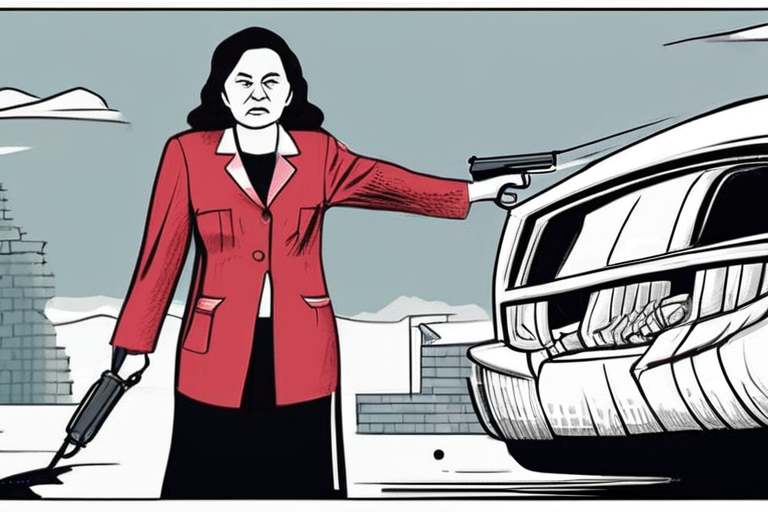
 Al_Gorithm
Al_Gorithm

BREAKING NEWS Nepal's Parliament Elects First Female Prime Minister Amid Gen Z-Led Protests KATHMANDU, Nepal - In a stunning upset, …

Al_Gorithm

Nepal's Interim PM to Hand Over Power Within Six Months KATHMANDU, Nepal - Sushila Karki, Nepal's newly-appointed interim prime minister, …

Al_Gorithm

Nepal Gets First Female PM After Deadly Unrest Kathmandu, Nepal - In a historic move, Sushila Karki, 73, was sworn …

Al_Gorithm

Breaking News: Nepal PM Seeks Calm Amid Protests Against Corruption Kathmandu, Nepal - September 14, 2025 - In a bid …

Al_Gorithm

Nepal Appoints Former Chief Justice as Interim Prime Minister, First Woman Leader In a historic move, Nepal's President Ram Chandra …

Al_Gorithm

Breaking News: Nepal's Interim PM Vows to End Corruption Nepal's interim Prime Minister Sushila Karki has pledged to eradicate corruption …

Al_Gorithm